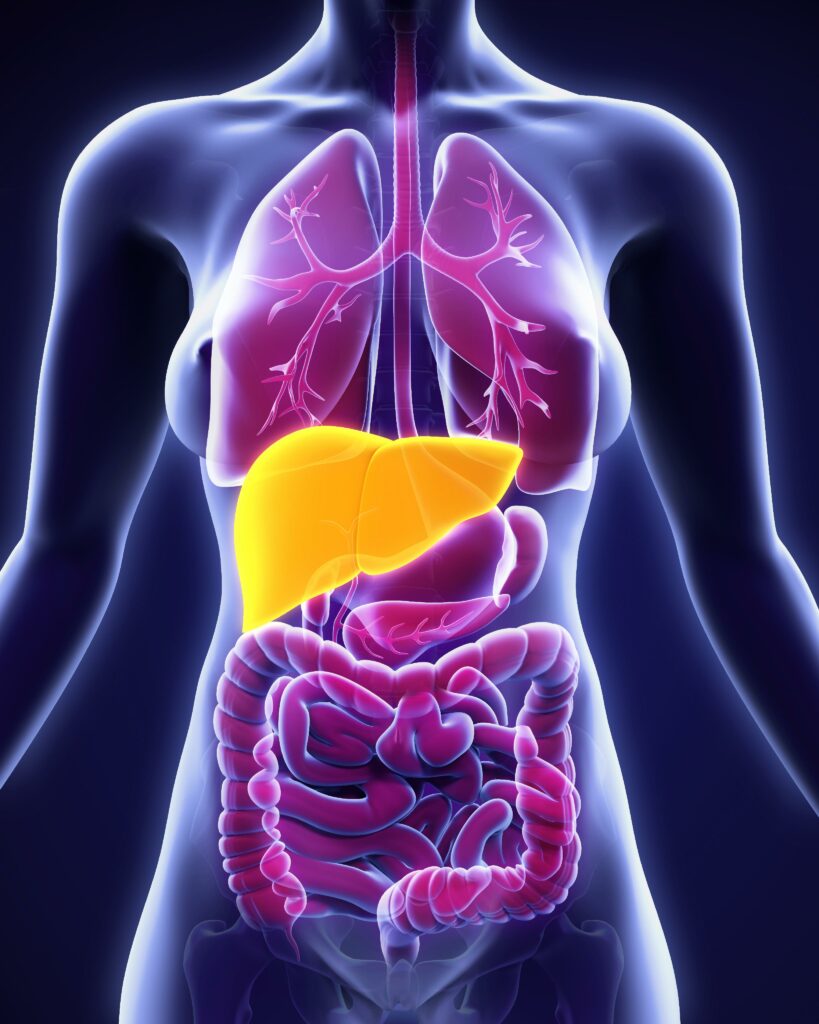In this context, the question arises: what is the relationship between dairy products and liver diseases? We’ll explore the roles of dairy, whether it causes harm, and might be most harmful in cases of liver disease.
What are Dairy Goods for
Dairy is a rich source of essential nutrients, such as calcium, vitamin D, and protein. These nutrients are vital in maintaining bone health, muscle function, and the immune system. In addition, contain fats that provide energy and help absorb certain nutrients.
Are Dairy Foods Harmful?
In individuals with liver disease, dairy consumption may be an issue for consideration. People with chronic liver diseases, such as cirrhosis, often face challenges in fat digestion and metabolism. In these cases, high-fat dairy products can place an additional burden on the liver, leading to whether they should limit their intake.
However, the answer is not universal. In some cases, dairy can be well tolerated, providing essential nutrients. In others, especially in cases of advanced cirrhosis, fatty dairy products can contribute to the accumulation of fat in the liver, worsening the condition. The key lies in individualizing the diet and adapting it to the specific needs of each patient.

What are the Most Harmful Dairy Products
When evaluating which might be most harmful in cases of liver disease, high in saturated fat and empty calories should be considered cautiously. Fatty cheeses, whole milk, and dairy products with added sugars can be particularly challenging for a diseased liver.
Processed cheese and dairy products with artificial flavors and preservatives should also be consumed in moderation. These elements can add load to the liver, compromising its ability to process and eliminate harmful substances.
In summary, dairy is a valuable source of nutrients, but its role in cases of liver disease must be carefully evaluated. Moderation and selecting low in saturated fat and sugar may be essential for those facing liver challenges. Consultation with a health professional or nutritionist is necessary to optimally adapt the diet to the individual needs of each patient with liver disease.















